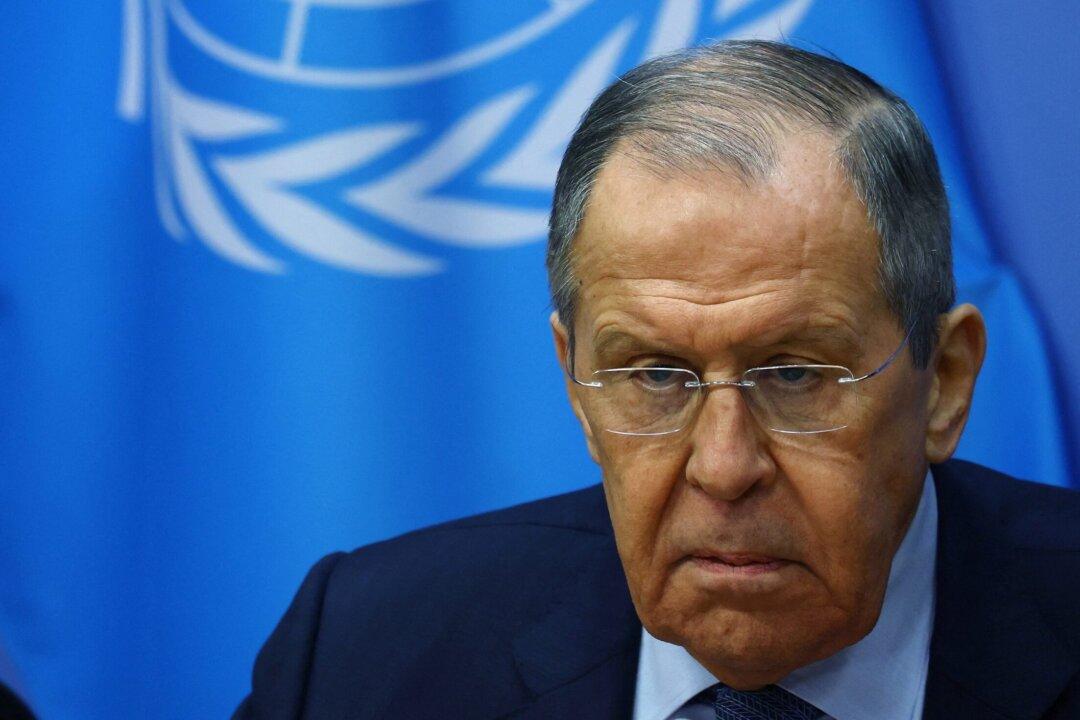Moscow has given the U.N. Secretariat-General three months to meet its conditions for reactivating a year-old agreement that had allowed Ukraine to export grain through the Black Sea.
“The U.N. has three months to achieve concrete results,” Russian Foreign Ministry spokeswoman Maria Zakharova said on July 19.





